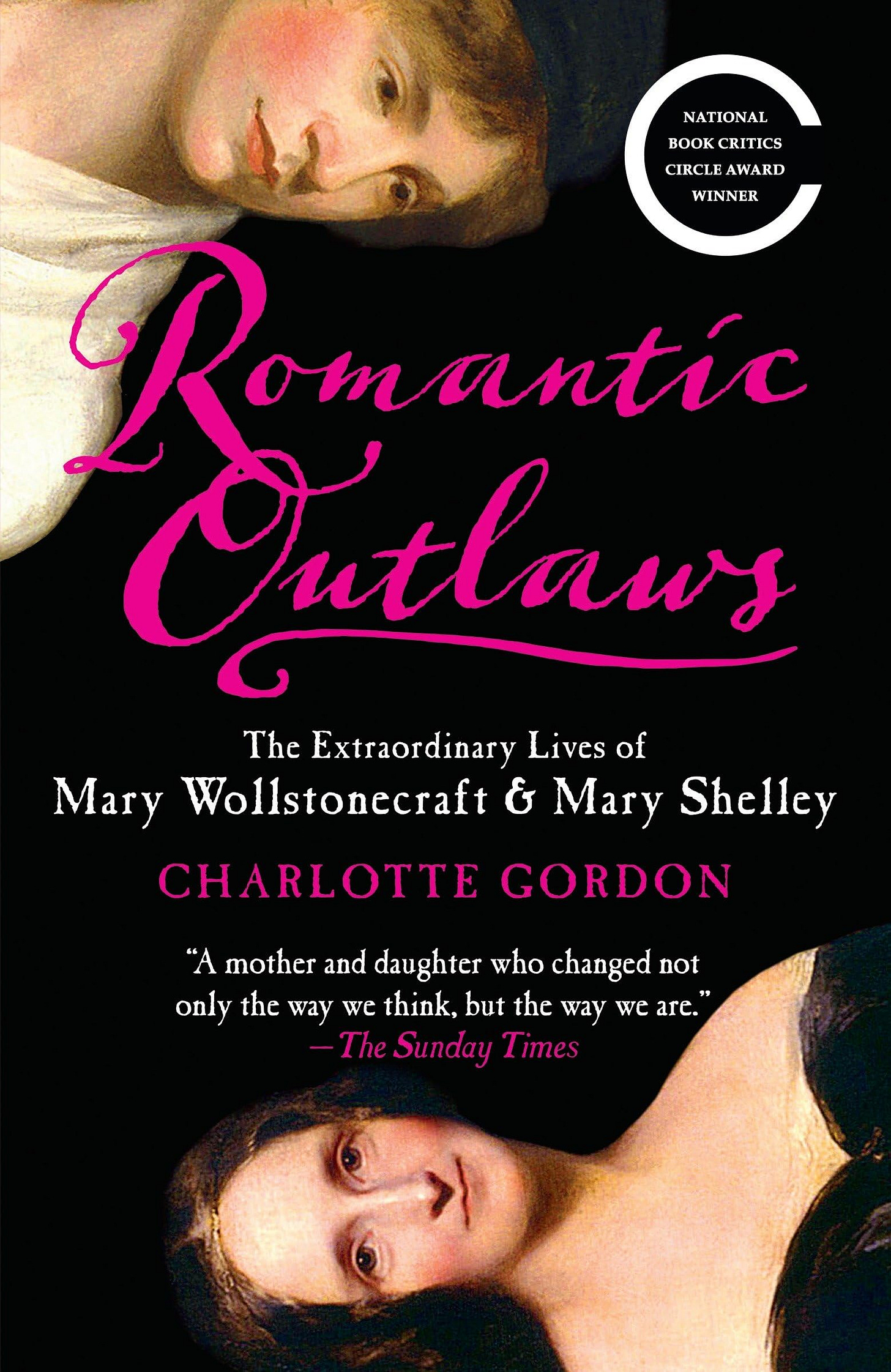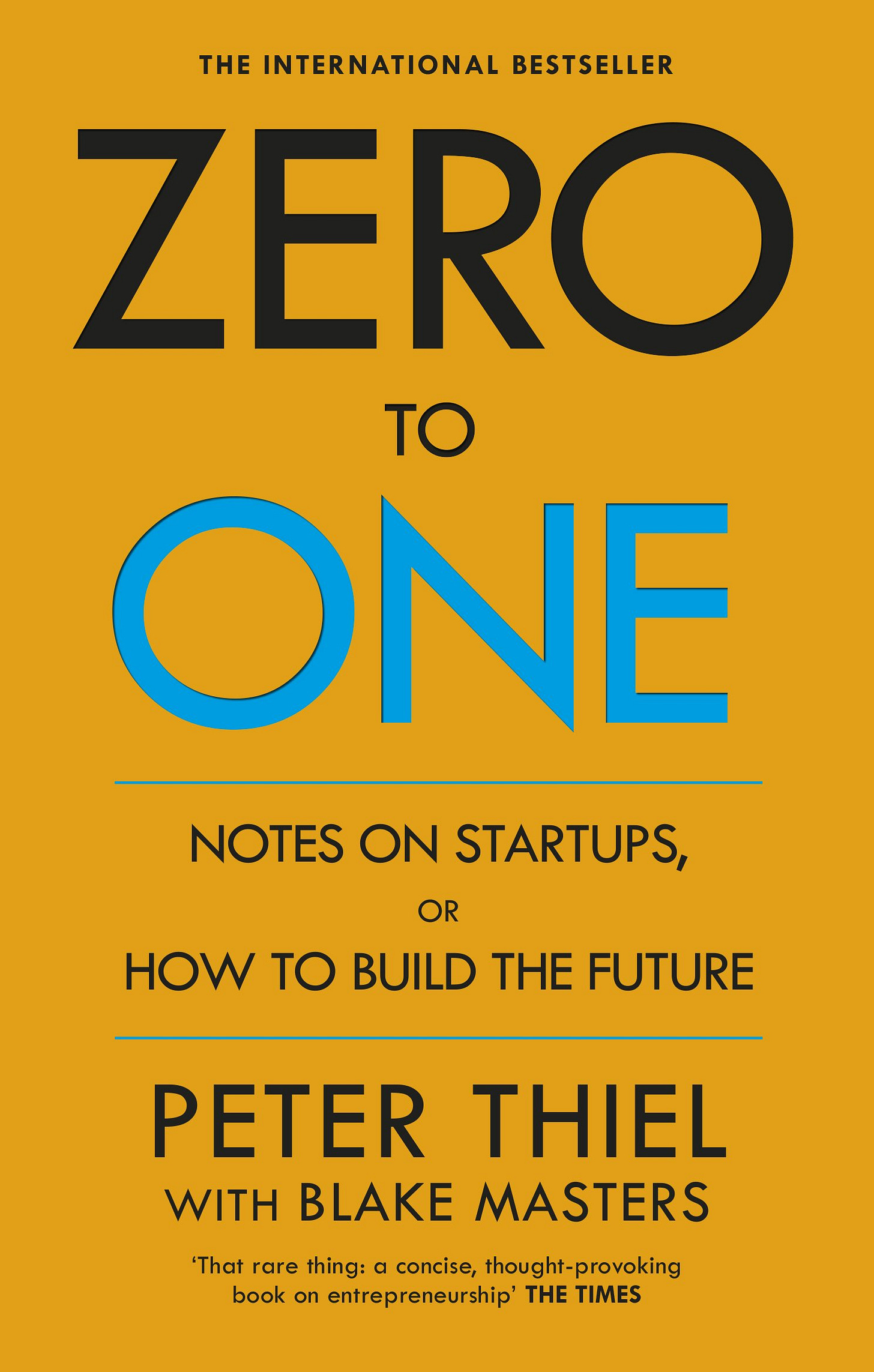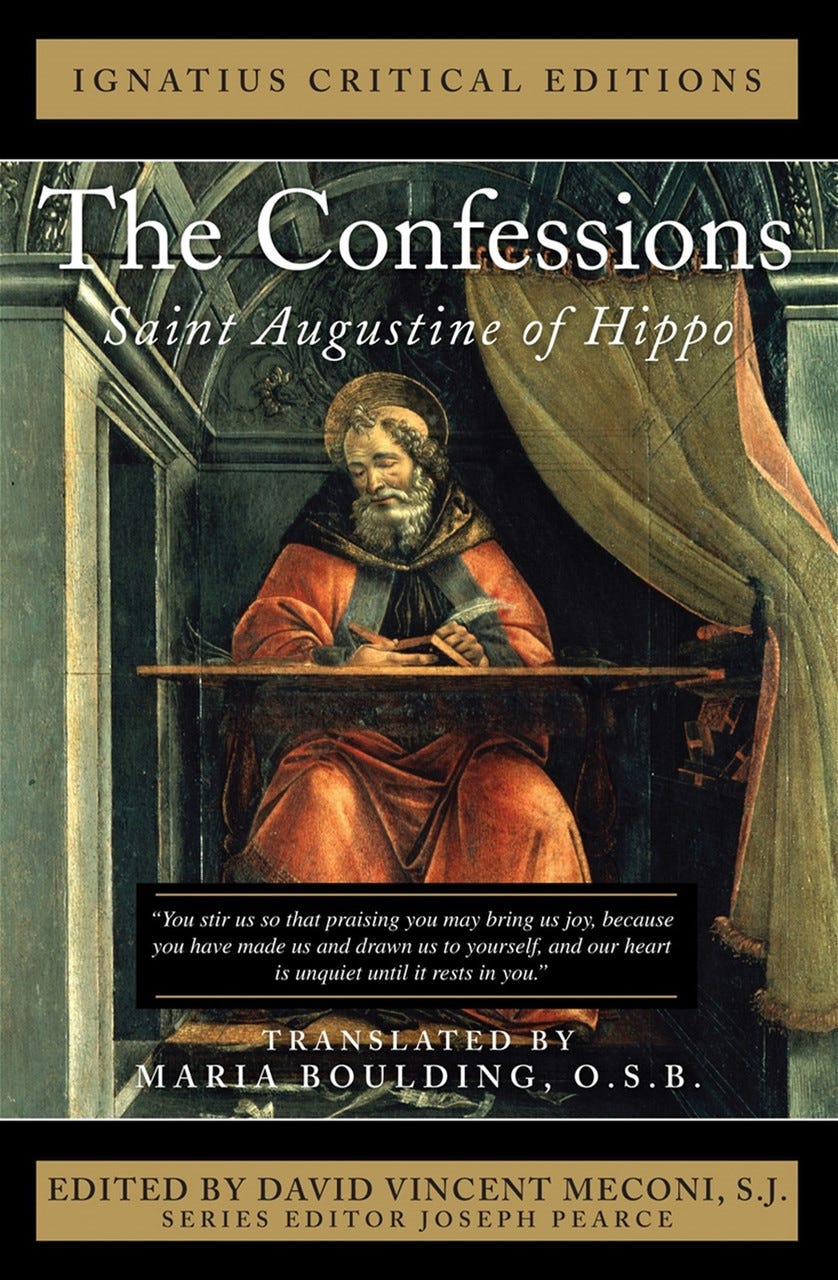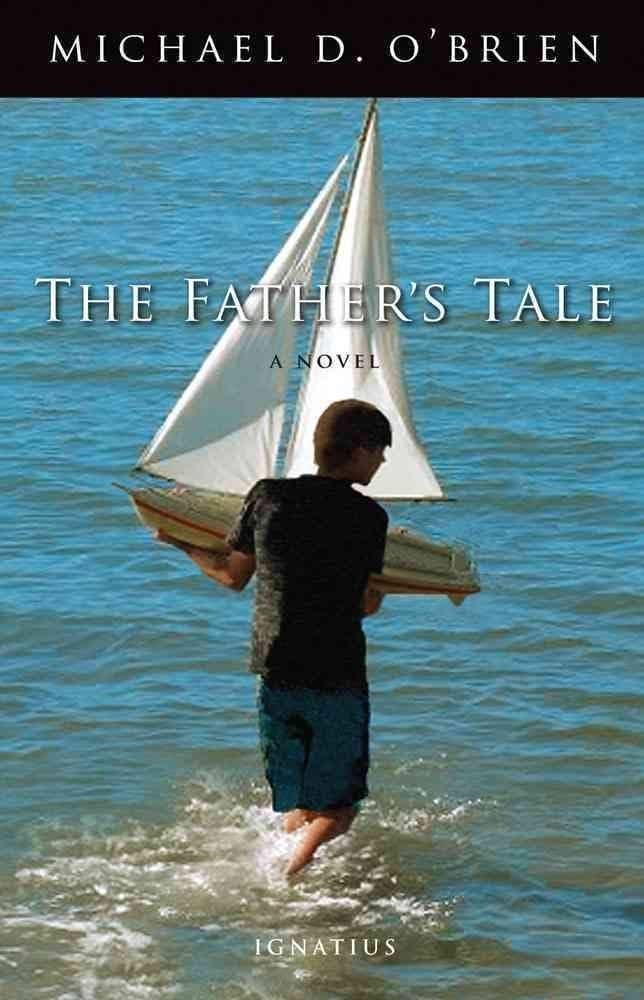Happy 2025 and happy one year anniversary to my Substack! I’m so glad I decided a year ago to move my reading reviews off social and expand on my reading life here at Substack. This has been such a rewarding experience to be in conversation with all of you about books and I could not be more excited about what the year holds…including and especially The First Books Book Club!
Now, on to what I read in January!
The Message by Ta-Nehisi Coates
The goal is to haunt—to have them think about your words before bed, see them manifest in their dreams, tell their partner about them the next morning, to have them grab random people on the street, shake them and say, “Have you read this yet?”
Goal achieved. I read this book in 24 hours. This isn’t a thriller or fictional page-turner. This is a book on writing and, as a writer, Ta-Nehisi Coates in unparalleled.
The Message is a reflection for his writing students on three separate trips to Africa, to a school board meeting where his book might be banned, and to the West Bank. Upon its release, his reflections on the West Bank received the lion’s share of attention and they are intense and unflinching - easy fodder for a media narrative that prefers the incendiary without the complexity. And yet, Coates (even in press for this book) resists. He is uncompromising in his views while also inhabiting a place of deep humility. For example, it was the way he struggled with Israel and it’s reflection in the Afro-nationalism in which he was raised that I found the most thought-provoking. He might not always be right but he never fails to be honest - most of all with himself. It is a wonder to behold as a reader and it will leave you shaking your head in amazement if you’ve ever managed to string a sentence or two together yourself.
Station Eleven by Emily St. John Mandel
Hell is the absence of the people you long for.
As mentioned in December, I’ve been working through the New York Times Best Books of the 21st Century. This book was much higher on the reader’s choice list and recommended by so many that I thought I’d finally give it a try. Now, I love the HBO series based on the novel, and usually, I find it very difficult to finish a book if I’ve already seen a film or TV adaption. (And vice versa, never watched Pretty Little Liars because I’d already read the book.) It is a testament to St. John Mandel that I never slowed down, even though the broad strokes of the plot were already familiar to me. That being said…I ultimately enjoyed the show more. By weaving Jeevan and Kristen’s stories together, the show offered some depth the novel was missing. However, I felt the impact of the Georgian flu on every survivor reading the book in a way I didn’t while watching the show. Every time I send a text message to a friend across the country, I think, “What if…” and I can’t seem to stop. The fact that the book and the show are so impactful - even when this should be the last thing we want to think about post-pandemic - means to me that St. John Mandel has created something special that does what art should always do…help us process our lived experience.
Romantic Outlaws: The Extraordinary Lives of Mary Wollstonecraft & Mary Shelley by Charlotte Gordon
In the early nineteenth century, women artists were by definition monstrous.
As many of you know, another very exciting development for 2025 is that Beth and I will be leading a Common Ground Pilgrimage to Switzerland on Frankenstein in October. When Vanessa Zoltan of CGP learned I was reading all I could about Shelley’s life, she recommended Romantic Outlaws and I’m so glad she did.
Gordon’s side-by-side telling of the lives of this very (most?) famous literary mother and daughter added so much depth and understanding to the rough outline most of us know. I knew Wollstonecraft wrote a seminal feminist text and died giving birth to Shelley but there is so much more to her incredible life and how her legacy got so diluted and derailed by those who loved her the most. I knew Shelley’s life was defined in so many ways by her extramarital affair with poet Percy Shelley but Gordon’s extraordinary care with this relationship - as well as both Shelleys’ relationship with Mary’s stepsister Claire - erased forever the one-dimensional soap opera I had been carrying in my head.
Whether or not you’re coming with us to Switzerland, I highly recommend this book.
Zero to One: Notes on Startups, or How to Build the Future by Peter Thiel with Blake Masters
But indefinite optimism seems inherently unsustainable: how can the future get better if no one plans for it?
Zero to One is the first book Ben Meer’s How to Give Yourself a Personal MBA recommends, which I discussed in My 2025 Reading Projects. The book begins and is animated by a central question Theil asks in every interview, “What important truth do very few people agree with you on?”
I’m not sure I have an answer to that question. I’m also not trying to start a monopoly that will dominate the economy for decades, so that’s probably ok. There are many overly confident takes within the pages of this book that the last decade has shown to be aggressive, if not incorrect. However, I did take away some valuable insights, particularly in regards tothe indefinite optimism that defines so much of our current economy and culture. Peter Thiel has become such a political caricature it was helpful to step back and read his actual philosophy around tech, a world he indisputably and profoundly shaped.
Don't Believe Everything You Think: Why Your Thinking Is The Beginning & End Of Suffering by Joseph Nguyen
The only time we can really be in a state of non-thinking is in the present moment.
The TBR pile persists - as do my efforts to chip away at it! I have no clue how this book came to be in my pile, but this trim text on habits of the mind seemed like a perfect book to kick off the year. Much of Nguyen’s advice is founded in age-old wisdom (and mirrored in Meditations, which I’m also reading). Our reactions are the core of our suffering, and we always have a choice in how we react. I liked how Nguyen dialed into the process of thinking itself and how that is different from our thoughts that arise naturally.
The Confessions by St. Augustine of Hippo
I had a vigorous memory; I was gifted with the power of speech, was softened by friendship, shunned sorrow, meanness, ignorance.
This was a behemoth on my TBR pile that mocked me for months. I ordered it upon the recommendation of Well-Read Mom last year but couldn’t get through it during the first month so it languished in my book cart for ages. Finally, I decided I was not taking this book into 2025 with me (I technically finished it on December 30th) and used a technique I often use when I need to get through a book. I assigned myself a minimal daily page goal. I divided the remaining pages by the remaining days of the year and got through this book 7 pages at a time.
I actually began to enjoy the autobiography segment of the book. St. Augustine was born in 354 AD. His life in the ancient world should be as different from mine as humanly impossible. And yet his struggles and insecurities were profoundly relatable. He wants to be better. He languishes without a purpose. He’s distracted and influenced by peers. He loves his mother and doesn’t want to disappoint her. I loved reading the thoroughly relatable words of a man who lived over 1600 years ago.
The rest of the book is philosophical reflection on memory and time and creation. It was profound but dense and I had to push through parts (7 pages at a time!) but I did it and I’m glad I did.
A Father’s Take by Michael O’Brien
Our February read for Well-Read Mom, this novel comes in at 1,067 pages. I can’t say I hated all of those pages but it was close. Ostensibly about Andrew Graham’s search for his missing son Alex, this book contains about fifteen different types of books - a travelogue, a romance, a spy thriller, a religious treatise, a pastoral story, and more than one historical reflection. Michael O’Brien clearly idolizes Russian literature but he is no Tolstoy. This book was disjointed and self-important. The characters were largely unappealing. I pushed through but aggressively skimmed the last fifth of the novel. I’m just so glad it’s over.
What did you read in January?












I will never stop thinking about Station Eleven whenever we travel I think about the people trapped on the plane or in the airport. I’m always thinking “what if”. I had a really hard time getting into the TV series but maybe I’ll give it another chance.